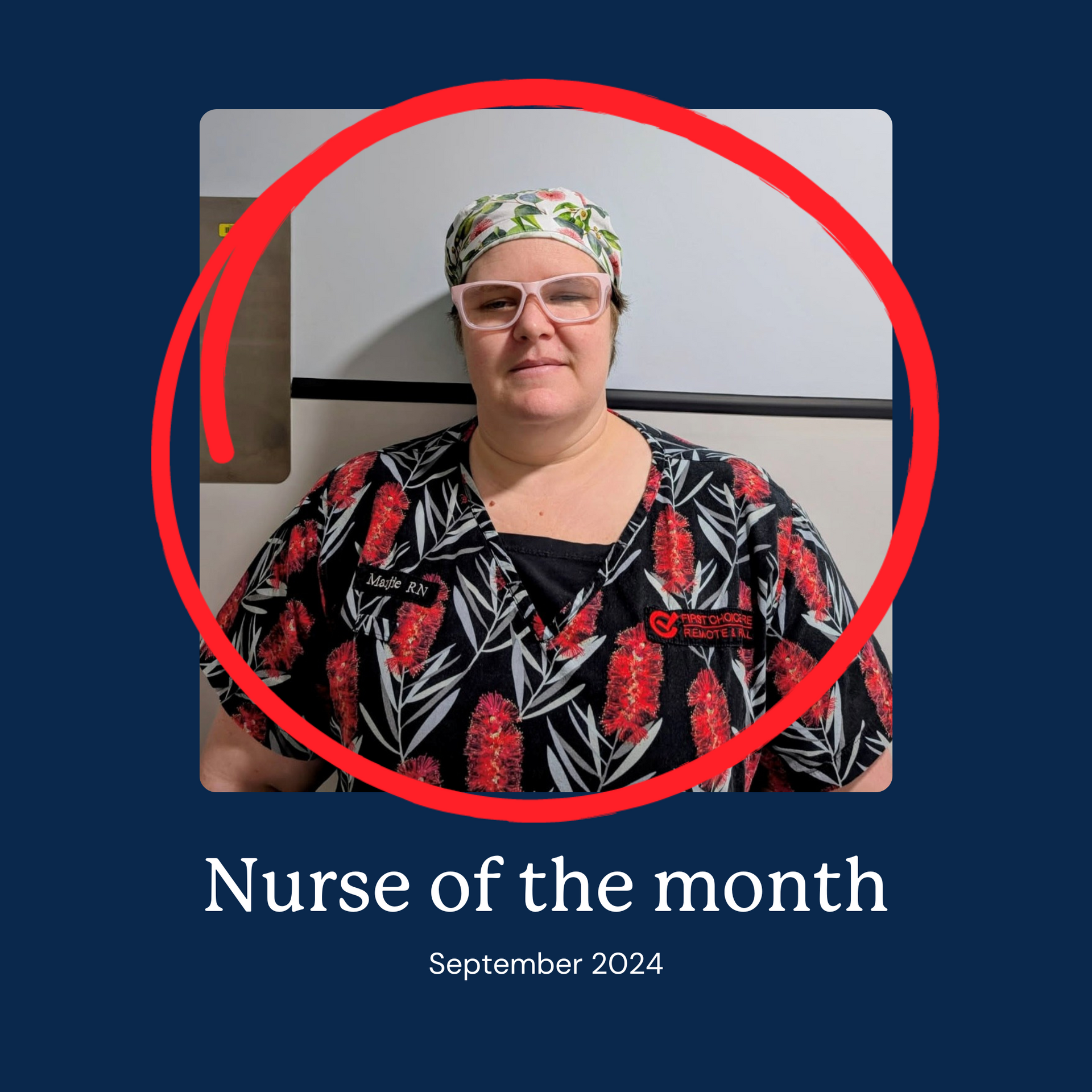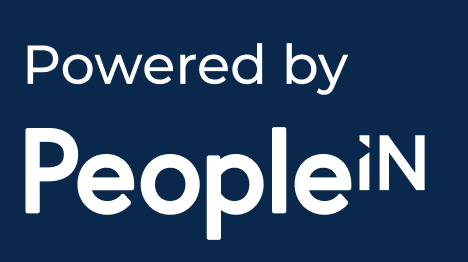Rural & Remote Nursing: How it’s evolved & why it’s the perfect next step for you

If you are a registered nurse (RN) searching for the opportunity to have a break from your standard hospital environment, now is the perfect time to embrace the idea of travel nursing. Dedicated agency nursing services, like First Choice Care (FCC), provide extraordinary RN’s the chance to make a genuine impact on communities that are in need of help. FCC concurrently work alongside their nurses to establish a lifestyle they will love, in amazing locations across parts of Queensland (QLD). Curious about what travel nursing looks like as an agency nurse? This blog uncovers what you can expect, the benefits, whilst also exploring the history of this special side of our healthcare industry.
Where Travel Nursing Began
Though the travel nursing industry is booming in Australia and around the world right now, this was not always the case. According to Travelnursing.org, the idea of travel nurses only started in the late 1970’s in New Orleans, around the time of the popular Mardi Gras Festival. Due to the volume of people likely needing medical attention during the festivities, more staff were required on a short-term basis to help – so the idea of a new nursing workforce was born.
Travel nursing popularity grew into the 1980s as a temporary staffing solution to a national nursing shortage. This resulted in the opening of many agencies, employing skilled nurses on short term contacts.
Another historical nursing milestone was initiated by the Health System Research Institute (HSRI) in the 1970s where the study found that doctors would be willing to practice in remote and rural areas as long as they were guaranteed adequate scheduled time off. As a result of this study, a group of willing and able physicians were found who wanted to work on short term assignments in rural locations as needed. This is where others believe the idea of traveling healthcare really took off.
What is the Future of Travel Nursing
As we continue to ride this COVID wave, the concept of travel nursing and the possibilities that exist are only getting stronger and more established. According to the ABC, in 2020 “Australia’s regional areas have had their largest net inflow of people since the Australian Bureau of Statistics started measuring internal migration in 2001”.
With more and more Australians moving into regional areas, away from capital cities, it’s changing the landscape for healthcare. Advanced nursing and medical skills are required to cope with the influx of people embracing life away from big cities, which creates more job opportunities in these locations, which nurses can take advantage of.
The Appeal of Travel Nursing for Agency Nurses
- Competitive pay – rates are based on specialty and experience
- Free or subsidised housing is commonly available through nursing agency
- Most travel nurses work on short-term assignments (4-12 weeks are common contracts)
- Flexible working hours available, including full- time
- You only need to provide your details/documentation papers to the nursing agency once and not the individual facilities/organisations
- Satisfying, challenging and rewarding work
- Discover incredible parts of Australia you’ve never been to
- Meet new people and establish amazing friendships
- You have the support of a passionate nursing agency behind you, ready to answer any questions you may have
The prospects for agency nurses are enormous, as new opportunities continue to arise right throughout the north/eastern states of Australia. Competitive pay rates and the chance to embrace different experiences is just the beginning. If you’re interested in exploring new and exciting locations, head to our website for more information or apply today and – start packing your bags!
To learn about exclusive contracts and hear from our nurses across remote and rural areas of Queensland, be sure to ‘follow’ and ‘Like’ our FCC
Remote & Rural Facebook Page.
More articles







